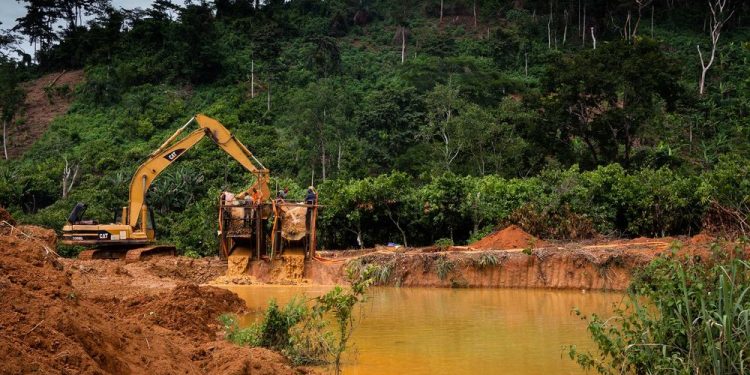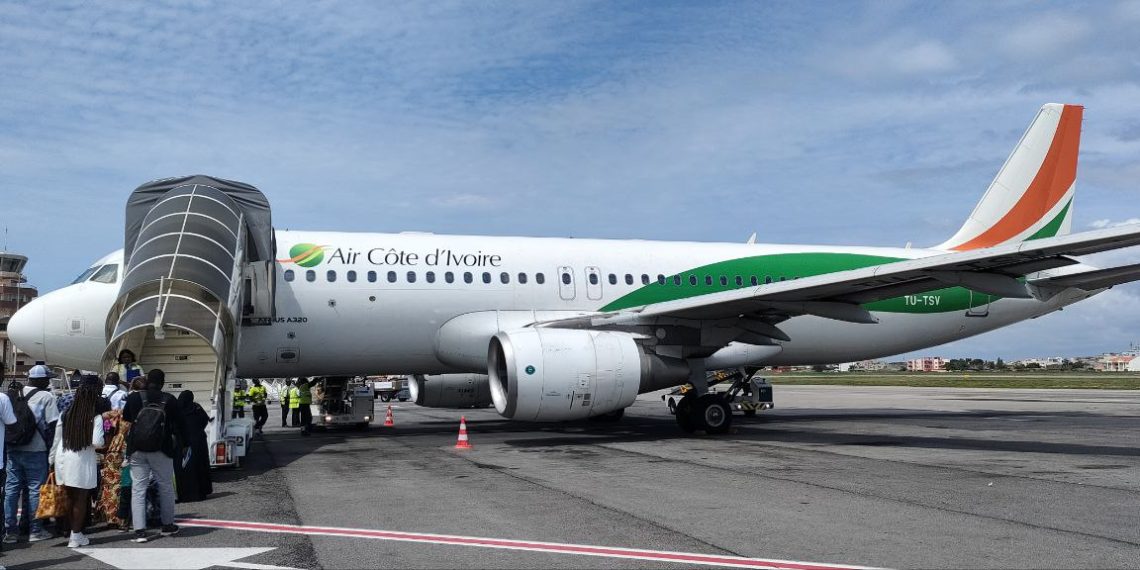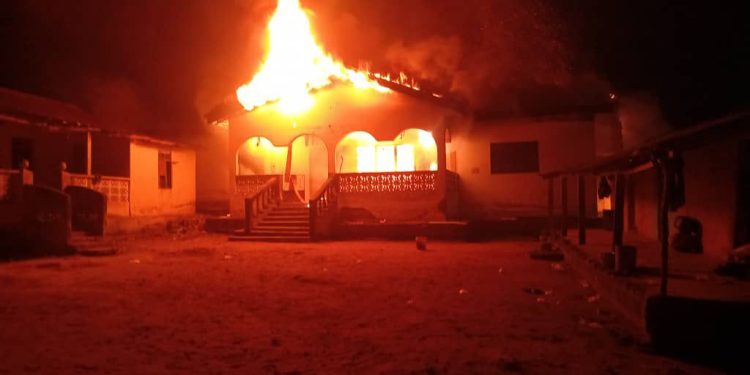Takoradi, once sustained by the Bonsa River, now stands on the edge of environmental and humanitarian collapse. In a painful paradox, the same mining activities that have powered the region’s economy are the reason its taps have run dry. For more than a month, residents have lived without piped water as illegal mining—galamsey—has carved into the heart of the river, contaminating its source and crippling the city’s water system.
From markets and schools to the very foundations of homes, mining has crept into the daily life of Takoradi. What began as an environmental issue has now grown into a full-blown societal crisis. With the cost of survival soaring and inequalities widening, the city’s plight raises urgent questions for Ghana’s future: What price are we paying for gold? And can a city survive when its river no longer flows?
River of Gold, City of Thirst: The Mining Trade-Off That Left Takoradi Dry
Takoradi’s economy has long benefitted from mining, but this same activity has left residents without access to clean water for weeks. The Bonsa River, once the community’s lifeline, has been transformed into an active mining site where operators dig directly beneath the riverbed. “They are digging deep into the Bonsa River. They’re extracting the gold under the water. They have to destroy everything in their way to get to the gold,” said resident Toni Nkrumah-Boateng. This stark trade-off between gold and water reflects one of Ghana’s most pressing development dilemmas.
The Silence of the Pipes: One Month Without Water in Ghana’s Mining Heartland
For the first time since the Bonsa River headworks began operations in 1975, Takoradi’s water system has gone silent. The facility, which for nearly five decades supplied homes and businesses, can no longer extract raw water due to widespread galamsey. In Achempim, the community closest to the source, residents have endured a month without water, while those further away face even harsher conditions. This silence in the pipes represents an environmental crisis of unprecedented scale.
Known by All, Stopped by None: Takoradi’s Open Secret Water Crisis
Perhaps most alarming is that this crisis is no secret. As Nkrumah-Boateng explained, “Everybody knows where the problem is coming from.” Local officials—including the regional minister, the water facility manager, and the municipal chief executive—are all aware of the mining activities, yet they continue unchecked. The gap between knowledge and action reflects systemic weaknesses in environmental governance.
Beneath the Surface: How Illegal Mining Is Digging Up a City’s Foundation
The impact of galamsey has gone far beyond the riverbanks, creeping into the very structures of the city. Mining has been reported beneath markets, with traders waking up to discover tunnels under their shops. Even educational institutions are not spared, with mining activity recorded beneath the University Basic School and nearby hills. This erosion of physical foundations threatens both the present stability and the long-term future of Takoradi.
From Flow to Fee: The GHS1,000 Price Tag on Takoradi’s Survival
The collapse of the water system has forced residents into a new reality where survival comes at a cost. With no public supply, water is now a private commodity. Nkrumah-Boateng reported paying GHS1,000 to fuel a 7,000-litre tank. This shift has transformed water from a public utility into a luxury, deepening economic pressures on households.
The Bonsa Betrayal: How a 50-Year Water Legacy Was Mined Away
The Bonsa River headworks has stood as a legacy of public investment and service since 1975, but within a few months of intensified mining, that half-century of progress has been undone. The speed of this collapse underscores how decades of development can be erased when environmental safeguards fail.
Water Divided: The New Class System in Ghana’s Mining Capital
A new form of inequality has emerged in Takoradi, defined by access to water. Those with boreholes enjoy relative security, while households reliant on the pipe system struggle daily. This divide between the water “haves” and “have-nots” threatens to worsen existing social inequalities and fuel community tensions.
The Economic Straightjacket: When Mining Wealth Prevents Water Health
Takoradi’s dependence on mining has created an economic straightjacket that makes enforcement difficult. As Nkrumah-Boateng observed, “The economy has been tailored in such a way that it’s so dependent on mining activity here. If you want to put in militiamen, then you eventually have to shut the whole town down.” This dependency leaves the city trapped, unable to choose between livelihoods and survival.
Generational Watershed: A 27-Year Resident’s First Dry Month
For residents like Nkrumah-Boateng, who has lived in Takoradi since 1998, the water crisis marks a generational watershed. “This is the first time we are having such a situation,” he said, highlighting just how unprecedented the collapse is. His perspective shows the magnitude of the crisis compared with the city’s long history of resilience.
The Unmineable Truth: Water Crisis Exposes Ghana’s Resource Dilemma
Takoradi’s crisis ultimately points to a national dilemma. The tension between short-term mining wealth and long-term environmental sustainability cannot be ignored. The question now is whether Ghana can afford to let vital resources like water be compromised in pursuit of gold—or whether some assets must remain unmineable, safeguarded for future generations.
Takoradi’s dry taps are more than a local tragedy; they are a warning. The city’s plight mirrors the challenges faced by resource-rich communities across the world, where economic dependence, environmental destruction, and social inequality collide. It is a reminder that the true cost of galamsey is not measured in gold, but in the survival of communities left thirsty when their rivers run dry.













